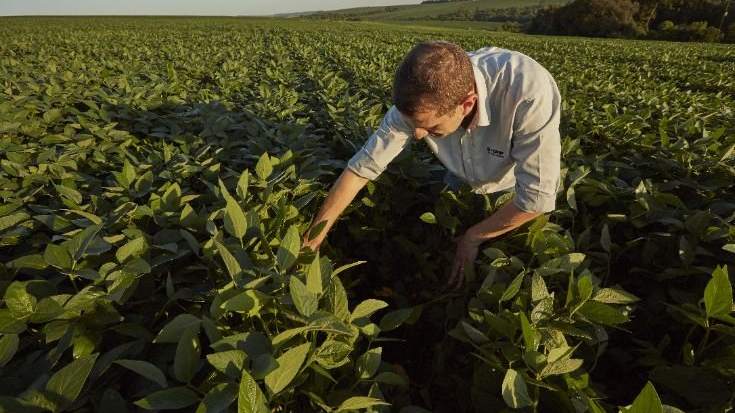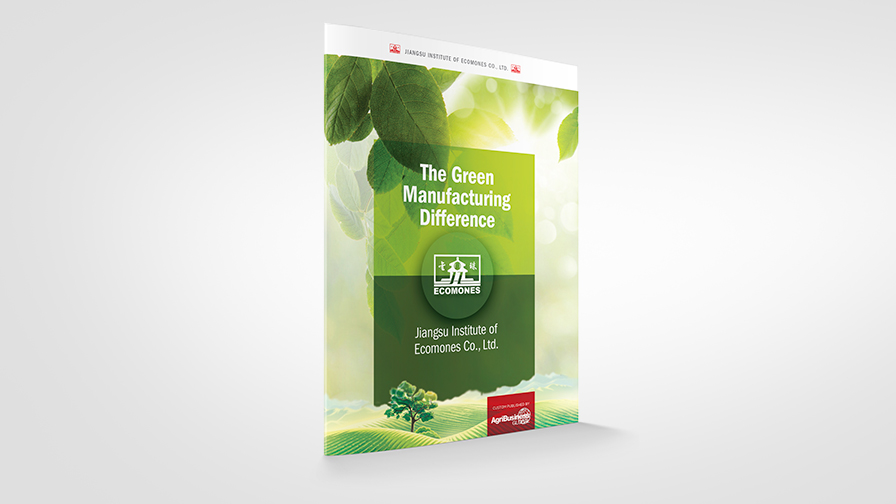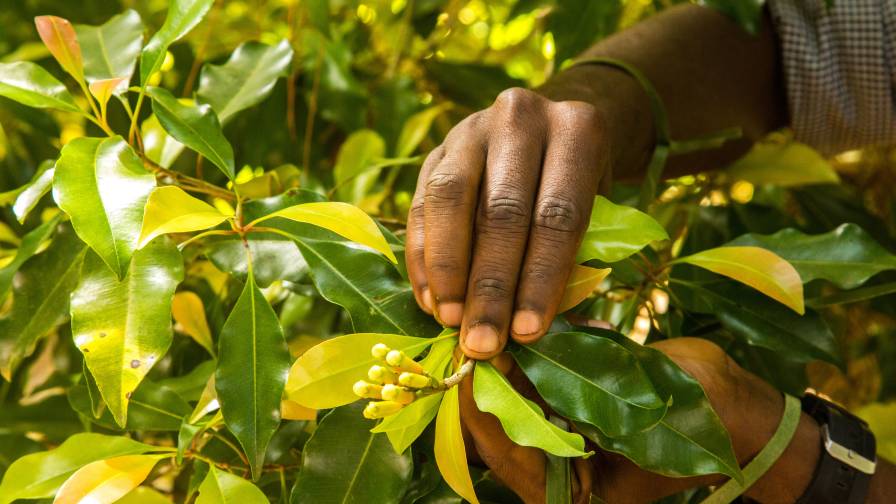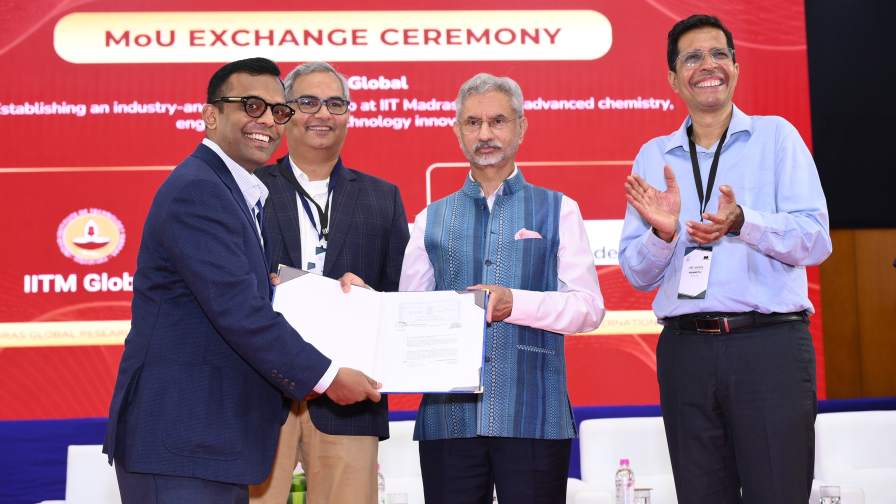Lula da Silva: Hunger is Not a Social Issue
Between 2003 and 2009, Luiz Inácio Lula da Silva helped reduce Brazil’s population of hungry people in half, with 93% of children and 82% of adults eating three meals a day, and he also reduced the percentage of Brazilians living in extreme poverty, from 12 % in 2003 down to 4.8% in 2009, according to the World Food Prize website.
Da Silva, former president of Brazil, addressed attendees at the World Food Prize about the importance of government intervention in creating food security and how he came to the realization. Da Silva, a 2011 World Food Prize Laureate, reminded the audience of his 2003 inaugural speech in which he aimed to develop conditions for all Brazilians to have three decent meals a day.
Child malnutrition in Brazil fell 61.9% between 2003 and 2009, and all age groups experienced greater access to quality food, according to the World Food Prize website.
“Brazil cannot continue to live with so much inequality,” he said to the audience. “We need to overcome hunger, extreme poverty and social exclusion. Our war is not to kill – it is to save lives.”
Da Silva said that in the past, Brazilians treated hunger as a social issue. But attitudes and the political environment have improved significantly since he made food security a top priority upon taking office in 2003. Government policy has become significantly more agriculture-friendly.
For example, through da Silva’s Zero Hunger programs, poor families were able to have access to food directly from smallholder farmers, which linked local production directly with expanding food consumption and contributed to rural development, according to the World Food Prize website.
Da Silva said the key to Brazil’s success was a mix of integrated welfare policies combined with an income distribution agenda and sustainable economic development. Once he took office, food security became a top priority of the government and public policies were developed.
The most significant factor that drove da Silva’s determination to fight hunger was his witnessing hunger firsthand during his trips around Brazil in the 90s. He visited the outskirts of Brazil’s large cities where hunger was common, he said.
“I knew by my own personal life experience that hunger is the worst weapon on mass destruction in the world because it doesn’t only kill soldiers but it kills innocent children and aging people and people that are under a fragile situation,” da Silva said. “Hunger is a product of underdevelopment and it is a way to keep victims far away from citizenry exposing mainly by the manipulation of politicians and rulers.”





